-
Book your appointment | Call us: 01491 574502
- Emergencies
Our aim is to provide clinical excellence and to help you have a healthy mouth and a confident smile for life.
Dental treatments
Over many years, Royal House Dental Centre has built up a reputation as a leading practice in
Henley-on-Thames.
We're committed to delivering the highest standard of patient care and support. Using a combination of modern dentistry and advanced techniques, we provide a comprehensive range of dental treatments for individuals, families and business people locally and in the wider surrounding area.
To find out more about our dental treatments click on the tabs below.

Examinations & check ups
A regular examination (or check-up) is an important part of preventative dentistry and can identify problems at an early stage thus avoiding more complex treatment later on. X-rays may also be taken to enable your dentist to look ‘inside’ your tooth and below the gum line.
How often you need a check-up depends on many risk factors including your diet, the current state of your teeth and gums and whether or not you have had complex dentistry that requires regular maintenance. We can advise you how often you should visit us.
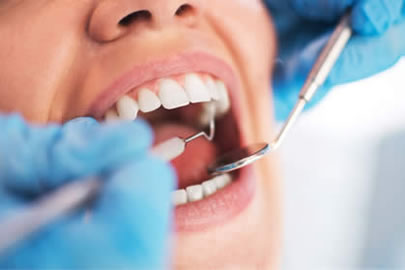
Fillings
The technical term for a filling is a ‘restoration’. Fillings are required where teeth have broken down. Most often the breakdown is due to dental decay but sometimes teeth can also fracture.
Fillings can be constructed of many different types of material but the two most common are amalgam (silvery-grey material containing a mixture of metals) or composite (a tooth coloured glass-like material).
If you require a filling it is a sign of too much sugar in your diet or inadequate brushing (or often both!). Your dentist will offer you preventative advice.
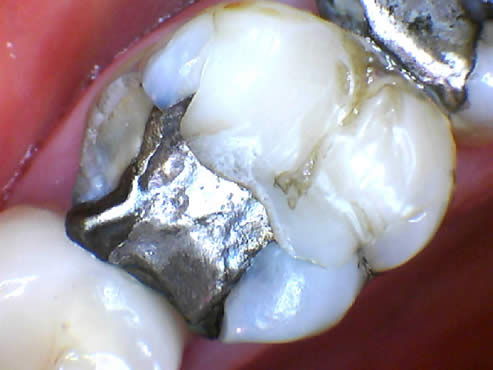
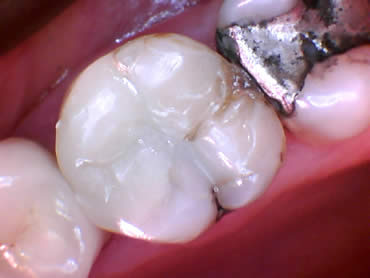
Gum disease
Gum disease is a process where the structures supporting the tooth and fixing it into position begin to break down. These structures are of course the gums but also, more importantly, the surrounding bone. The main cause of gum disease is the build up of dental plaque (from inadequate brushing) and one of the main principles of treatment is preventative advice on plaque control. Genetic factors also play an important role in the onset and progression of gum disease. Smoking is also known to speed up its progression.
In simple cases, regular scaling (the removal of plaque and tartar) by your dentist or hygienist will be sufficient to limit the progression of gum disease. In more complex cases, or where the disease is progressing rapidly, treatment will be more involved and require an involved programme of ‘deep’ scaling or, in rare cases, surgery.
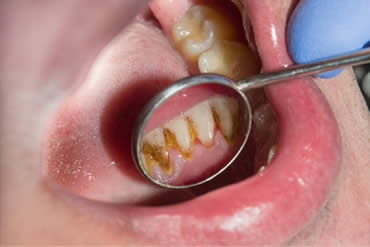
Root canal
Root canal treatment (also called Endodontics) is needed when the pulp inside your tooth becomes infected through tooth decay or damaged by an injury to your mouth. This infection may spread through the root canal system, which could eventually lead to an abscess, causing a great deal of discomfort. If root canal treatment is not carried out, the tooth may need to be taken out.
Our dentists can perform root canal treatment to stop the infection from spreading and will preserve as much of your tooth as possible. Using specific techniques and advanced equipment, you will receive a local anaesthetic and the treatment overall should feel no different to having an ordinary filling placed. The aim of the treatment is to remove all infection from the root canal.
The root is then cleaned and filled to prevent any further infection. A temporary filling is put in and the tooth is left to settle. The tooth is checked at a later visit and when all the infection has cleared, the tooth is permanently filled. Root canal treatment is a skilled and timeconsuming procedure and most courses of treatment will involve two or more visits.
Root canal is a delicate and time-consuming procedure and can often be technically very difficult. However, having a root canal will often save the tooth!
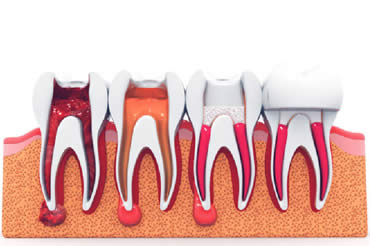
Extractions
Sometimes, there is nothing that can be done to save a tooth and it will require removal. Most teeth are removed under normal conditions i.e. local anaesthetic in the dental surgery. In complex cases, you may require referral to hospital or to a clinic that offers general anaesthesia services.
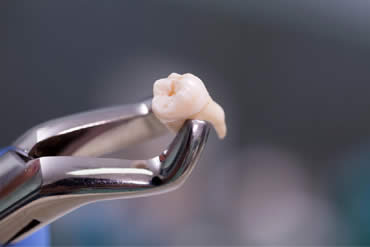
Crowns, bridges & inlays
Crowns (sometimes referred to as ‘caps’) are a form of dental restoration. They are fitted over
teeth that are heavily broken down. Crowns cover the entire tooth, sealing it from bacteria and
decay. Furthermore, they strengthen a tooth and improve the look of it.
A Bridge is simply a
series of linked crowns. They are used to replace a missing tooth or teeth.
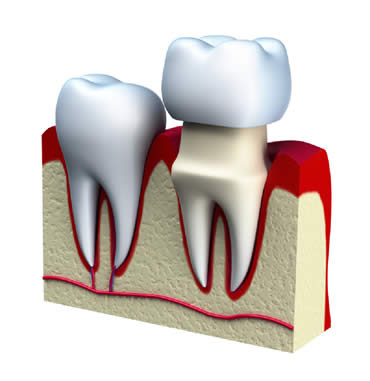
Dentures
The simplest and cheapest method to replace lost teeth is by the use of dentures. These are usually constructed of acrylic (a type of plastic) or sometimes a metal alloy. They are inserted by the patient and removed for cleaning

Happy clients
"I had a total fear of the dentist after a bad experience as a child but
everyone at Royal House helped to make it manageable again.
They really cared about making the whole experience better for me which is what impressed
me the most. I can’t imagine ever going anywhere else."
Patient since 2016
"Couldn’t be happier with the service from Royal House. They are always so friendly and caring."
Patient since 2007
"I never used to bother with visiting the hygienist. Now if I miss my six monthly appointment, I really notice the difference."
Patient since 2009
"I called their out of hours number and was given an appointment the same day to fix my broken tooth. Great service, very happy."
Patient since 2017
"Booking a convenient appointment was straightforward and the reception team are always welcoming and helpful. The practice has a very relaxed but professional feel. I like that you get a text reminder for your appointment. Highly recommended."
Patient since 2016




